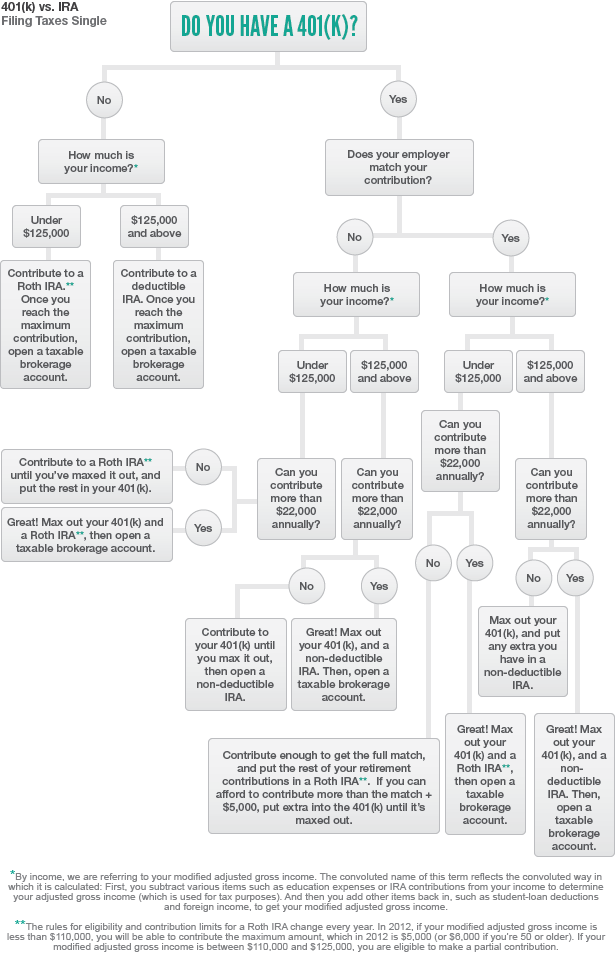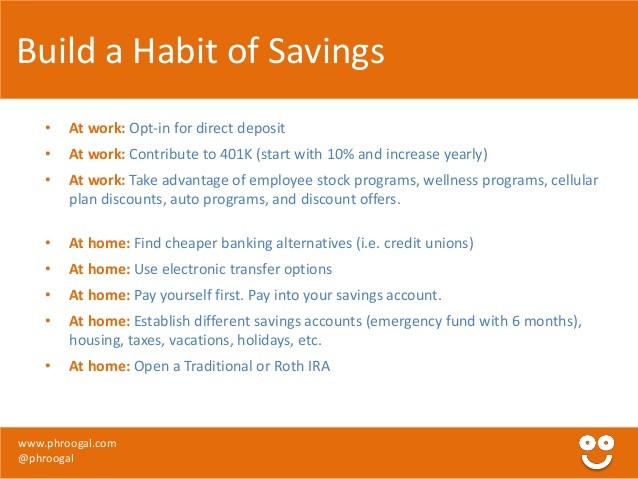Should You Use Your 401(k) Funds to Purchase a Home Financial Wellness @ Work
Post on: 16 Март, 2015 No Comment

Recently we received an inquiry from a gentleman who, at the age of 60, is relocating from the East Coast to the West Coast and wants to know if he should use funds from his 401(k) to make a larger down payment—and have a lower mortgage—on his next home.
What a great question. When I first started to think about it, I nearly drove myself mad contemplating all the financial implications of both choices. There are so many factors to consider, including the opportunity cost, the tax implications, someone’s aversion to debt, liquidity, cash flow, etc. I wanted to provide a decision tree, or some other form of framework to help one answer this question for their own circumstances, but my pursuit felt more like a game of Jenga in that each factor had influences over the others. What I came to realize is that my struggle was not over my ability to quantify the factors, but rather in the reality that there are too many unknowns, and there lies the essence of the question.
For our 60 year old friend, what we DO know is how much he has in his retirement account, how much he would need to borrow to purchase a home, the average current interest rate on a mortgage, current tax rates, current attitudes about debt, current cash flow—you get the picture. What we DON’T know is how the real estate and stock market will perform, what future tax rates will be, what future cash flow will look like, and a host of other variables. We could speculate on these things and weave a tangled web of what ifs in an attempt to formulate a conclusion, but my goal is to create a simpler approach, so here it goes:
Which do you value more: CERTAINTY or POSSIBILITY?
The argument for CERTAINTY
Using 401(k) funds to make a larger down payment provides CERTAINTY in that we know the financial impact of the decision. Namely, for every $100,000 used you can reduce your monthly payment by around $500 a month (using today’s average 30-year mortgage rate of 4.5%) and save over $81,000 in interest over the life of the loan. It may also help to avoid private mortgage insurance (PMI) and/or keep the entire loan at a lower interest rate.
The flip side to this decision is that it creates a large immediate tax liability. Since the distribution would be taxed as current income, it could cost upwards of $25,000 or more depending on your tax bracket. Also, once those assets are removed from the 401(k), they are no longer available to use for other purposes unless you borrow against the equity in the home or downsize in the future.
This may be a good option for someone who is averse to debt or needs a lower monthly payment for cash flow purposes, but it may not be a good option if you do not have the financial resources to pay the tax liability, or if you need more liquidity from your retirement assets.

The argument for POSSIBILITY
Leaving the 401(k) funds in the retirement account provides a POSSIBILITY that the funds could grow at a rate higher than the cost to borrow. For example, the stock market has an average annualized rate of return of nearly 10% since 1926 (not so much as of late, though). When you compare that to the 4.5% rate on an average 30-year mortgage, you see why many investment professionals favor leaving the money in the 401(k). When you factor in the tax deduction associated with mortgage interest payments, the argument gets even stronger.
So what’s the flip side? Well, as alluded to earlier, there is no guarantee with respect to how well your 401(k) assets will perform, and since risk tolerance generally decreases as someone approaches retirement, investors typically get more conservative, thus reducing their expected return on investment.
This may be a good option for someone who is comfortable assuming investment risk and/or prefers having access to the funds as needed rather than tying them up in home equity. This option may not be good for someone with a low risk tolerance or who can otherwise not afford the monthly payment associated with a larger mortgage.
As you can see, there is a financial argument that can be made for both options, so really, at the end of the day, it comes down to personal preference. One way or another the 401(k) assets will be used to help pay the mortgage, it’s just a matter of whether you choose to do it upfront, all at once, or down the road one month at a time.














